Experiencing Menstrual clots, but you do not know if this is normal or a sign of a problem? This article will guide you and answer all your questions about menstrual clots and how to overcome them.
Firstly, let’s get to know what menstrual clots are.
What Are Menstrual Clots?

Menstrual clots are gel-like blobs of coagulated blood, tissue and blood that are expelled from the uterus during menstruation.
Menstrual clots are a mixture of blood cells, tissue from the lining of the uterus, and proteins in the blood that help regulate its flow.
Women may worry if they notice clots in their menstrual blood and that is exactly what this write-up is based on. To answer different questions that may be going through your mind about menstrual clots and we promise you will enjoy it.
Is Clotting Good or Bad During Menses?

Passing blood clots during menstruation can be normal and the amount, length and frequency of menstrual bleeding vary from month to month and from woman to woman. However, passing large blood clots may be a sign that something’s wrong.
Do Menstrual Clots Affect Fertility?
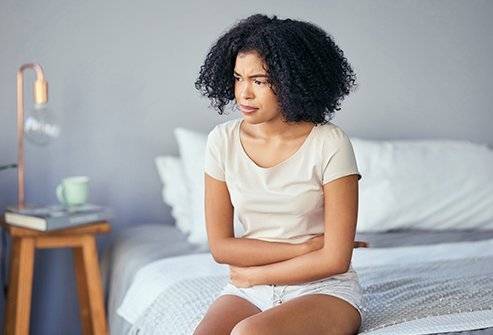
Yes, unusual menstrual clots can affect female fertility.
Under normal circumstances, proteins in your body form a clot when a blood vessel cuts. This helps to bleed stop. However, for some people, blood may clot too easily when these protein levels are too high. This is known as a blood-clotting disorder and can lead to several health complications and infertility issues.
When to Be Concerned About Menstrual Clots?
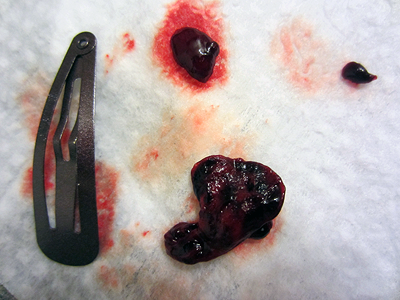
Below are some reasons why you may need to seek medical help concerning menstrual clots;
- You’re soaking through one or more tampons or pads every hour for multiple hours in a row.
- You need to use two pads at a time.
- You have to change your pad or tampon during the night.
- You bleed for more than seven days.
- Your flow is so heavy that it sometimes prevents you from living your normal life.
- You regularly experience pelvic pain (especially in your lower abdomen) during your period.
- You’re constantly fatigued.
Untreated heavy or prolonged bleeding can stop you from living your life to the fullest. It also can cause anaemia.
Are Large Menstrual Clots ever Normal?

It’s important to remember that “normal” is a relative term for everyone. If your usual is to pass occasional larger clots, then that may simply be your usual, as long as you are not anaemic and your quality of life is not affected.
Means, that if you’ve always had one period clot that you’re tempted to take a photo of or pester your best friend about every month, but you otherwise feel okay and aren’t soaking through tampons or pads like it’s your job, it’s probably nothing to be too stressed about.
And, remember, if you’re bleeding heavily, in pain, or have any other symptoms of Menorrhagia, you should get it addressed sooner rather than later.
How do Menstrual Clots Form?
The menstrual period starts when hormones trigger your body to shed the lining of the uterus (endometrium). As the lining sheds, small blood vessels bleed.
Mixed into the menstrual blood are also bits of tissue from the uterine lining. Thus, what appears to be a blood clot may be a clump of endometrial cells or it can be a mixture of both endometrial cells and blood clots.
When your menstrual flow is heavier, blood clots tend to be bigger because there’s a larger amount of blood sitting in the uterus.
To pass larger blood clots, the cervix has to dilate a bit, causing pain that can be quite intense. This partially explains why, if you have a heavy flow, you’re more likely to have cramping.
Health Conditions Underlying With Large Menstrual Clots

Even though a variety of health conditions may cause large menstrual clots, they usually have other characteristics that give them away. Below are some health issues encompassing large menstrual clots.
Polycystic Ovary Syndrome (PCOS)
This hormonal disorder can cause incredibly heavy periods because the hormone imbalance involved can prevent you from menstruating for some time. When your period does finally arrive, you may have accumulated many months’ worth of tissue. PCOS can cause irregular periods (that may be exceedingly long and heavy when they arrive).
Click for a potent natural remedy to overcome PCOS successfully and with no side effects.
Endometriosis
Endometriosis happens when the tissue that lines your uterus (endometrium) begins to grow on other organs.
Adenomyosis
This condition is yet another issue behind heavy bleeding that can cause large clots, as your endometrial tissue spreads into the walls of the uterus
Uterine Fibroids
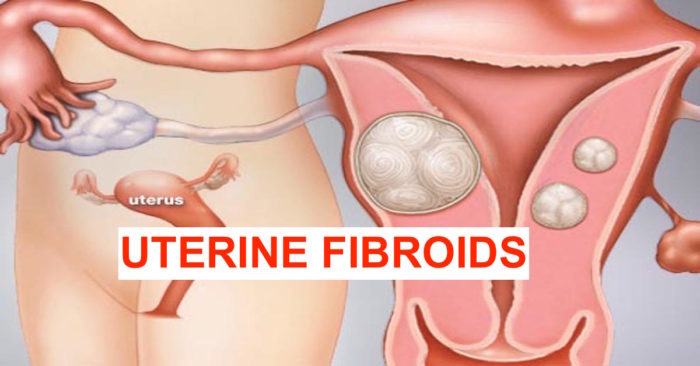
These benign (non-cancerous) tumours can grow in and on the uterus, sometimes leading to extremely heavy menstrual bleeding. Along with heavy, long, and painful periods, fibroids can lead to a constant urge to pee, feeling like you can’t fully empty your bladder when you do urinate, constipation, and even back or leg pain.
Miscarriage
There’s also a chance that large “period” clots indicate a miscarriage you’re undergoing without realizing you were pregnant. A miscarriage is a pregnancy loss within the first 20 weeks of pregnancy. After that, a pregnancy loss is known as a stillbirth.
Hypothyroidism
Heavy bleeding during your period can also be a sign of hypothyroidism, a condition whereby your thyroid (the butterfly-shaped gland in your neck) doesn’t make enough thyroid hormones.
To diagnose a potential problem with your thyroid, your doctor will likely order a blood test to examine the level of your thyroid-stimulating hormone, which can signal that your thyroid is overactive or underactive.
This is how far we can go for now on this topic.
Your question(s) wasn’t answered? You can always contact us at PLAN B WELLNESS!
At Plan B Wellness, we have various remedy kits that are safe and effective for above listed underlying health issues and many more.
Click here to see some of our female-specific remedies.
Stay healthy and never give up!
Plan B Wellness Limited
WhatsApp/SMS/Calls: +2348099666658, +2348099666648
Calls & SMS only: +2348099666650
Instagram/Twitter: @planbwellness
E-mail: consult@planbwellness.com

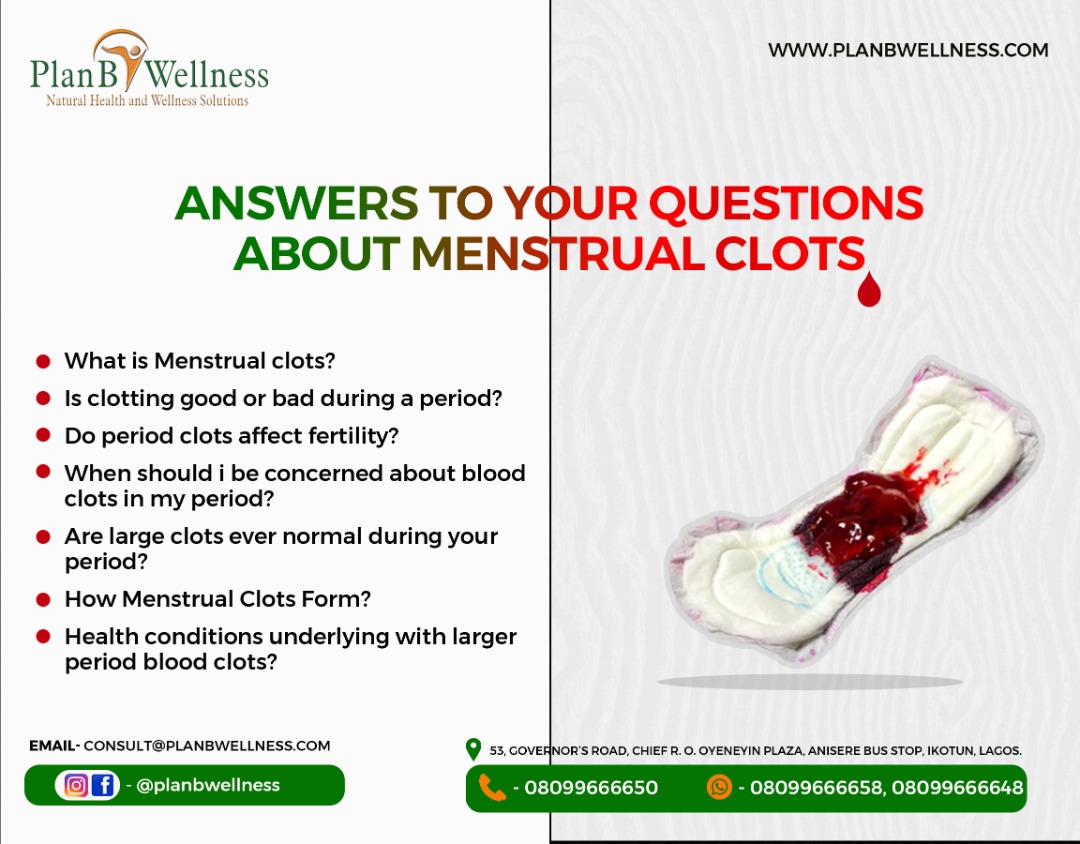

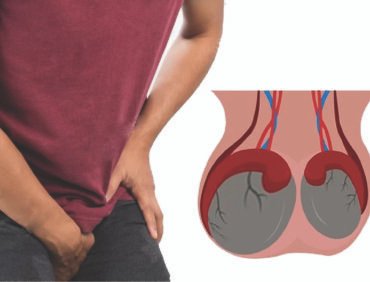

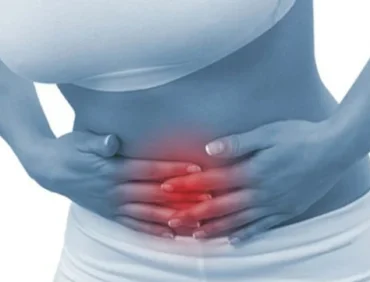

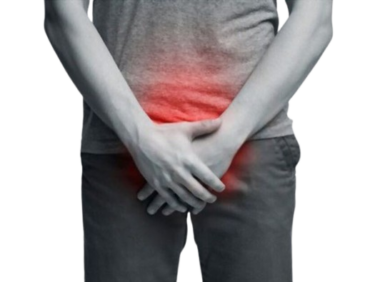
The article is very helpful and informative.
Thank you madam.
God bless you. Your information is useful. Thanks. Please, my problem is, May this year will mark 10th of my marriage with no child. My wife mesturating at 36 and she will be 48 dis yr. We have been spending on phisicians and medications but to no avail. If she takes a certain medicen it will flow that month and stop. Some Tests reported small, others report disappeared, yet no meaningful results. Pls. I need your help.
Thanks for your comment Mr Anyi.
In order to be able to help on this case, we need to get more information regarding your wife’s medical history. Kindly reach out to our customer service personnel for consultation on 08099666650.
Regards
Plan B Wellness